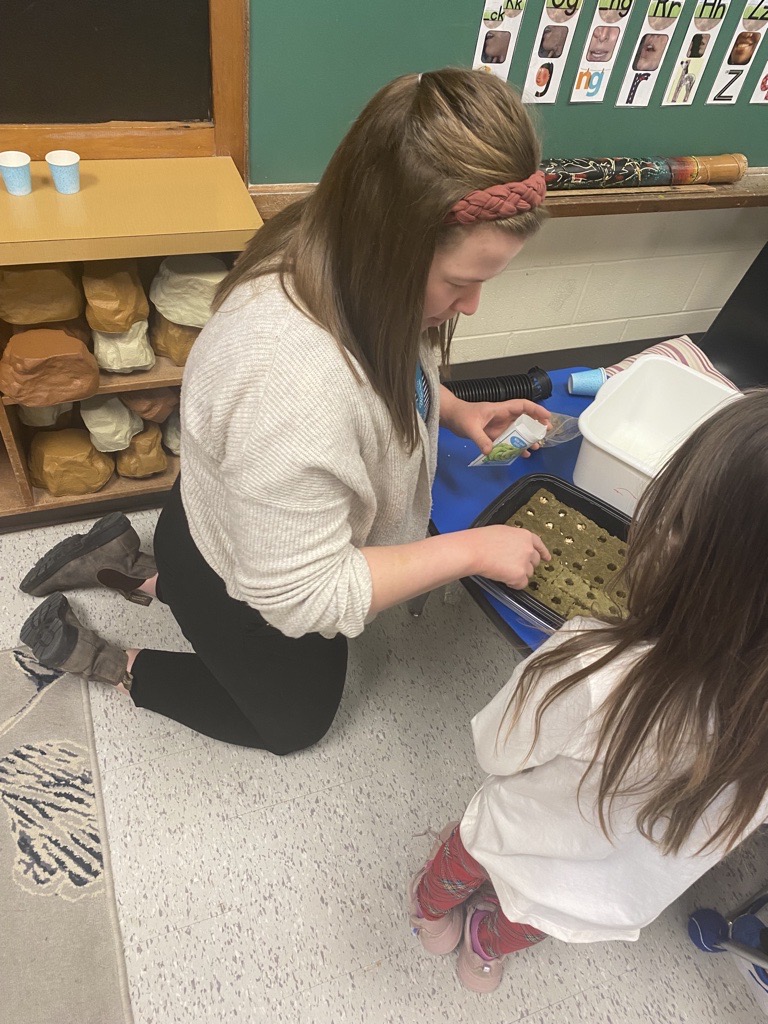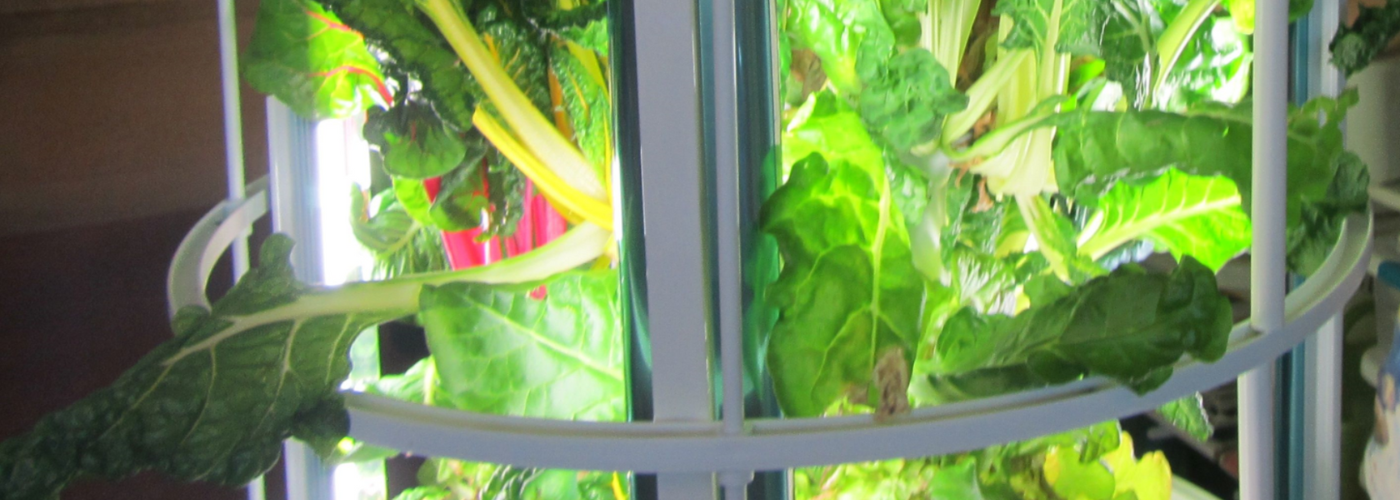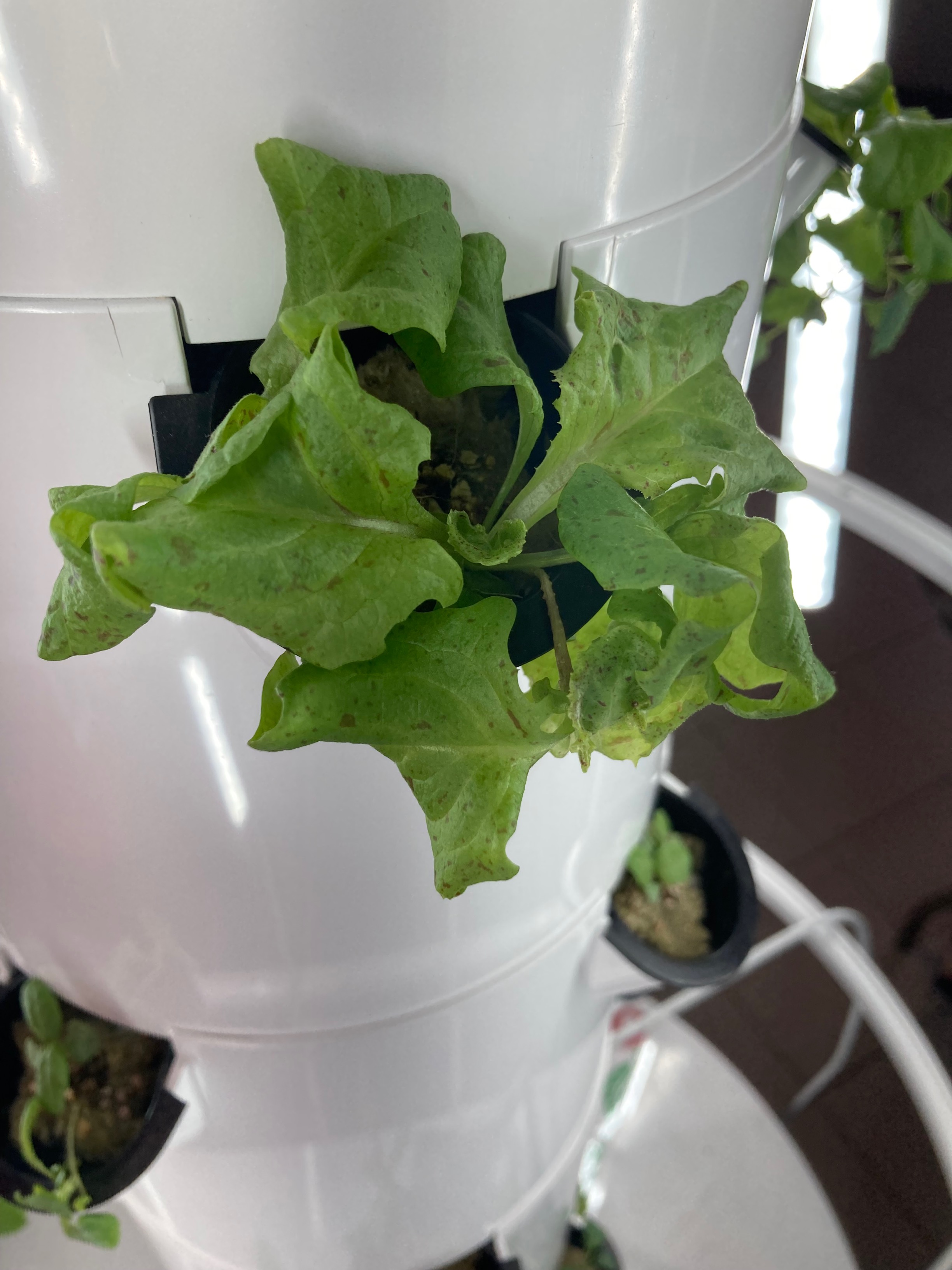Tower Gardens
Tower gardens are vertical aeroponic growing systems that allow schools to grow vegetables indoors year-round. Tower gardens help schools overcome barriers faced with traditional outdoor gardens to provide students with the opportunity to experience the benefits of edible school gardens.
 Tower gardens have been used successfully in schools across Oxford, Elgin, and the City of St. Thomas. They are popular in classrooms, wellness clubs, environmental clubs, and leadership clubs to teach a wide range of curriculum topics.
Tower gardens have been used successfully in schools across Oxford, Elgin, and the City of St. Thomas. They are popular in classrooms, wellness clubs, environmental clubs, and leadership clubs to teach a wide range of curriculum topics.
Below you will find resources and cross-curriculum connections to support your school on its tower garden journey. For further support with your school’s tower garden, or to learn more about grant opportunities available to support the purchase of a tower garden, connect with your school Public Health Nurse or reach out to the Healthy School Team's Registered Dietitian at healthyeating@swpublichealth.ca.
| Benefits of Edible School Gardens |
|
Edible school gardens provide students with the opportunity to explore food through experiential learning. Food exploration supports the development of a positive relationship with food while also expanding youth’s knowledge of many curricular areas. Gardening enhances the school environment by creating learning opportunities that differ from the traditional academic environment. Mastery of gardening skills and garden-related successes can create feelings of empowerment, and belonging, among students. School gardens provide leadership opportunities for students in senior grades to mentor younger students by teaching them how to care for and maintain the garden. Nurturing plants fosters lessons based on empathy and care which can be transferred to children’s interactions with one another. The connection to nature formed through gardening supports positive mental health. Food connects people in many ways – to self-identity, family traditions, cultures, communities, friends, memories, and the world around us. Edible gardens create a space for students to share and learn about others’ food and cultural traditions. Involving students in seed selection for edible gardens can foster cultural inclusion in classrooms. Discussions about foods used in traditional cooking at home can help determine which vegetables and herbs the class is interested in growing in the garden. Consider working backwards when selecting seeds – decide on a dish that the classroom would like to prepare and taste, and then write down all the ingredients that can be grown in the school garden. Try to include as many garden-grown ingredients as possible while considering school food preparation capacity.
|
| Resources to Support Tower Garden Set-Up and Use |
|
Knowing where to start may feel overwhelming for new tower garden users. Learn more about how to use tower gardens, including set-up, planting, harvesting, maintenance, and semi-annual cleaning though short videos on Tower Garden’s YouTube Channel. Good Food Machine offers online courses about using tower gardens in school and community settings. Each course takes about 20 minutes to complete. Good Food Machine also has a comprehensive Guide for Teachers & Educators that is great for learning about tower gardens and troubleshooting any challenges you may encounter. |
|
School Gardening Grants |
|
Many gardening grants support the purchase of tower gardens for schools. If you require assistance with a garden grant application, please reach out to us at healthyeating@swpublichealth.ca. *SWPH does not endorse any of the organizations or businesses that offer these grants. Grant Opportunities: |
|
Evidence |
|
Klemmer, C. D., Waliczek, T. M., & Zajicek, J. M. (2005). Growing Minds: The Effect of a School Gardening Program on the Science Achievement of Elementary Students. HortTechnology, 12(3), 448-452. https://doi.org/10.21273/HORTTECH.15.3.0448 Ohly, H., Gentry, S., Wigglesworth, R., Bethel, A., Lovell, R., & Garside, R. (2016). A systematic review of the health and well-bring impacts of school gardening: synthesis of quantitative and qualitative evidence. BMC Public Health, 16. https://doi.org/10.1186/s12889-016-2941-0 |
Tower Garden Cross Curricular Connections
| General |
|
| Math |
| Language |
|
| Science |
|
| Health |
|
| Arts |
|
|
Social Science |
|












 Technology Curriculum into tower garden programming.
Technology Curriculum into tower garden programming.